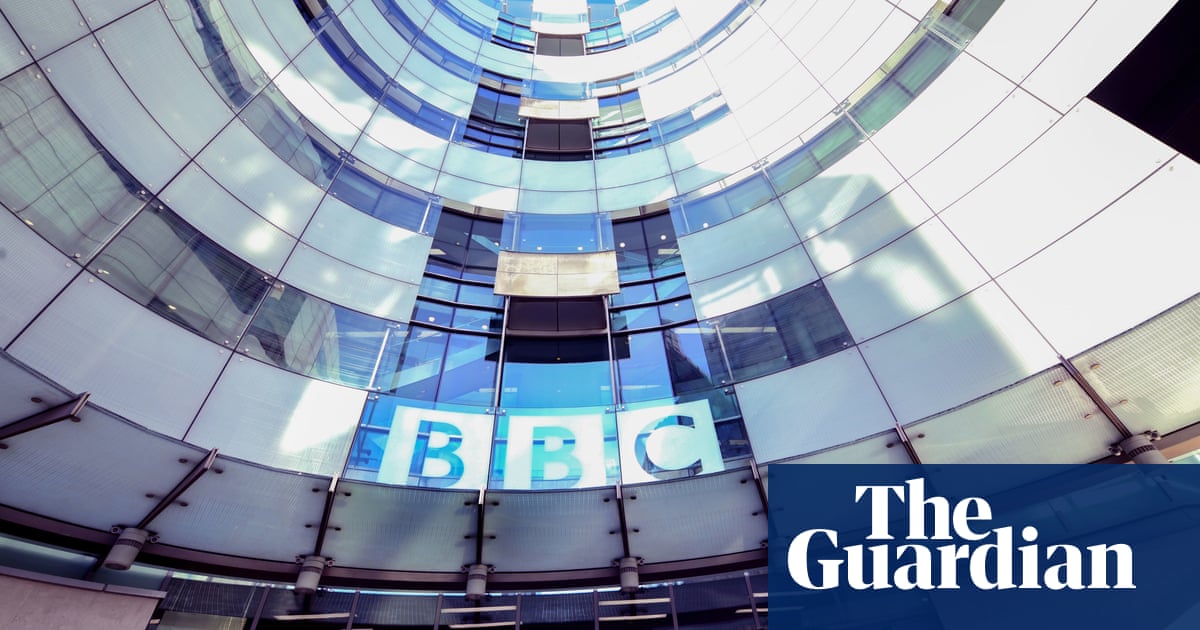BBC changes online article at centre of transphobia row - 4 minutes read

The BBC online article was headlined ‘We’re being pressured into sex by some trans women’. Photograph: Ian West/PA Transgender BBC changes online article at centre of transphobia row Woman quoted in piece later described trans women as ‘vile, weak and disgusting’
Standing behind its decision to publish the piece online last week – headlined “We’re being pressured into sex by some trans women” – the BBC took the decision on Thursday to remove a contribution from a former porn actor, Lily Cade, “in light of comments” she made after its publication, after a week of sustained pressure and criticism.
This week more than 20,000 people signed an open letter calling for the corporation to apologise for the article, but the BBC rejected the complaints and said it was committed to covering different viewpoints in the name of impartiality.
Since the article’s publication Cade, who was quoted in the original story, published violently transphobic remarks on her website – which has been down since Wednesday – appearing to call for the “lynching” of high-profile trans women. In a statement to the Guardian, Cade said she had only attacked “personas”, not people, and said Lily Cade was also a persona.
An update added to the BBC article on Thursday reads: “We have updated this article, published last week, to remove a contribution from one individual in light of comments she has published on blog posts in recent days, which we have been able to verify.
One BBC source said on Monday that the broadcaster had received 4,819 complaints about the article – which had been a subject of debate within the organisation for some time – but a further 5,520 people wrote in to note their approval of the piece.
On Wednesday Chelsea Poe, a trans porn performer, said she had told the BBC journalist behind the article that Cade had been accused of sexual misconduct and was no longer working in the porn industry, but said she had not been quoted in the piece. A source at the BBC said the journalist behind the story had spoken to Poe but an editorial judgment was made not to quote her because the general conversation was deemed not relevant to the piece.
On Monday the BBC said it stood by the article about the experience of some lesbians, adding it had been subject to a rigorous editing process and that it met its editorial guidelines, but by Wednesday executives were understood to be looking into issues raised since then, with the decision to edit the piece taken on Thursday. A spokesperson for the BBC said the article was “an important piece of journalism that raises issues that should be discussed”.
The article stated that several “high-profile trans women who have either written or spoken about sex and relationships” did not want to be included in the piece, but said it had reflected a range of views, including those given by trans women on YouTube.
But further controversy emerged on Wednesday after Poe published a podcast in which she said she had been interviewed by the BBC journalist behind the article at the start of 2021. She said she told the journalist that Cade was no longer working in the industry “due to consent issues”, but her interview had not been used in the published article. The Guardian approached Poe for comment but she had not responded prior to publication.
Cade acknowledged allegations made against her and apologised in 2017, in comments published on the website of the porn blogger trpwl. In an email to the Guardian she claimed that while sex without explicit verbal consent was common in the porn community, she thought the encounters had been consensual and had stopped working after they were made.
Lui Asquith, the director of legal and policy for Mermaids, said the BBC article had caused distress in the trans community, and that the charity questioned its impartiality. “This article contributes to the irrational fearmongering aimed at trans women, who have been relentlessly and systematically targeted by the media in recent years. We should all expect better of our national broadcaster,” Asquith said.
Source: The Guardian
Powered by NewsAPI.org